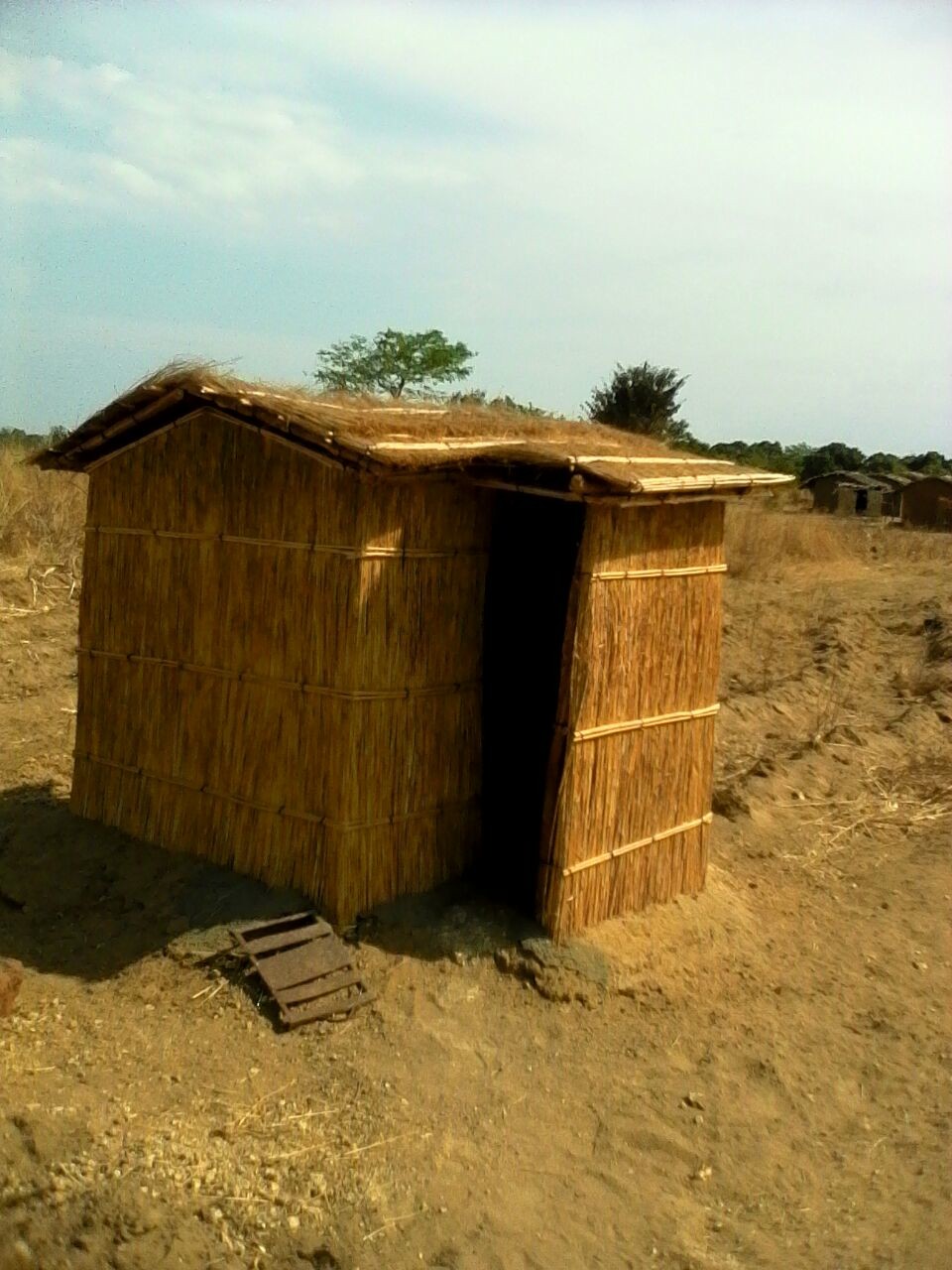
CLTS is a community based integrated approach to achieving and sustaining Open Defecation Free (ODF) status. It is understood that what is important is not just availability of toilets but changing the behavior of the people at the collective level, this is very important for safe sanitation to take effect. Hygiene Village Project uses Community Led Total Sanitation (CLTS). through a process of participatory facilitation where the community members analyze their own sanitation status, including the extent of open defecation and the spread of fecal-oral contamination that adversely affects each one of them. Once the people are convinced about the need for sanitation, they start constructing latrines on their own at the household level, according to their own capacity, and more importantly, use the latrines regularly and wash hands with soap due to their strong sense of ownership. The CLTS process is as follows: (i) Training extension workers in CLTS, (ii) Triggering and identification of natural leaders and key stakeholders (iii). Action plan presentation by the chiefs and natural leaders, (iv) Follow up by field staff, chiefs, extension workers and natural leaders, (v) ODF verification by DCT and National Task Force (vi) Construction of billboards in communities attained ODF status and (vii) ODF declaration and celebration
So far Hygiene Village Project has facilitated attainment of Eleven (11) ODF T/As in Malawi as follows:
Lilongwe TA Kalumbu with support from Counterpart under the STEPS (USAID) Project
Nkhotakota TAs Malengachanzi and Mwazama with support from the Global Sanitation Fund
Mangochi TAs Chowe and Namavi with support from UNICEF
Blantyre TAs Makata and Lundu with support from UNICEF
Mulanje TA Chikumbu - With support from MSH under the ONSE (USAID) Project
Zomba TAs Malemia and Chikowi With support from MSH under the ONSE (USAID) Project
Chikwawa TA Katunga with support from UNICEF


